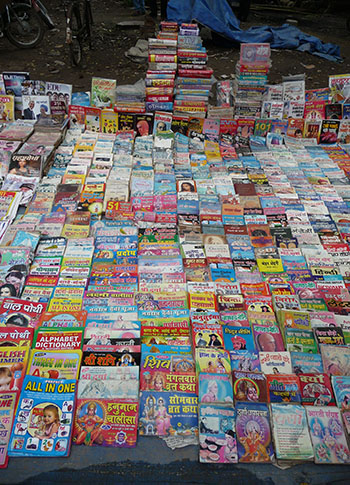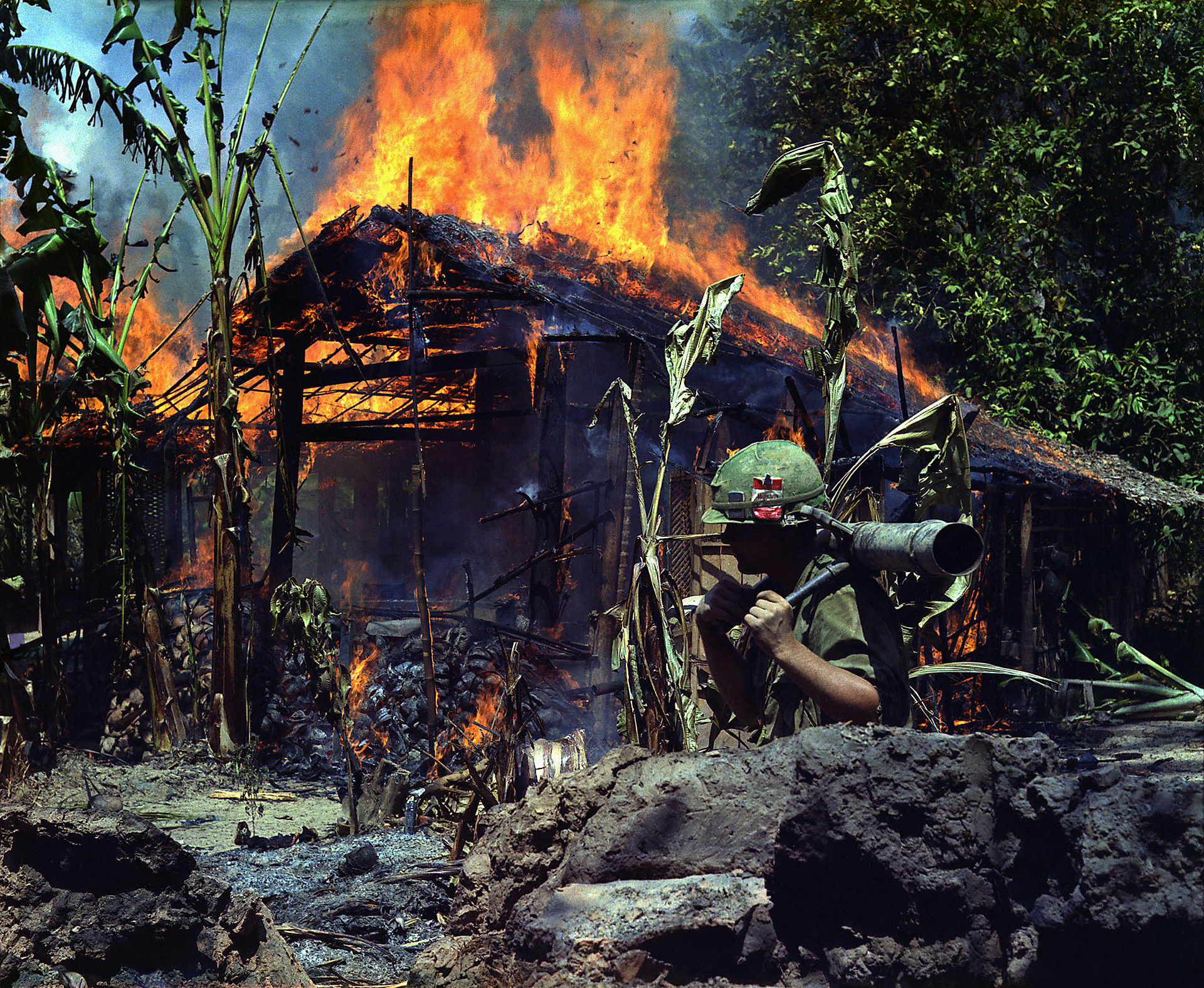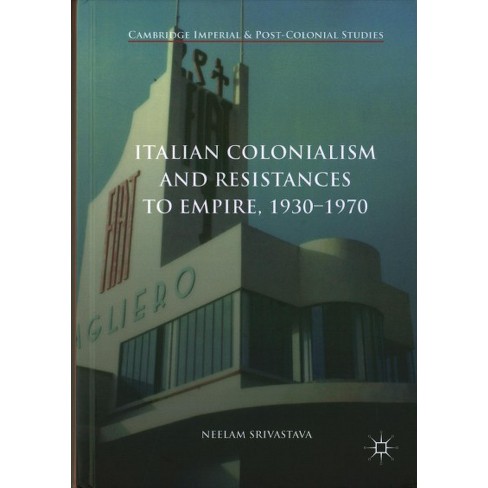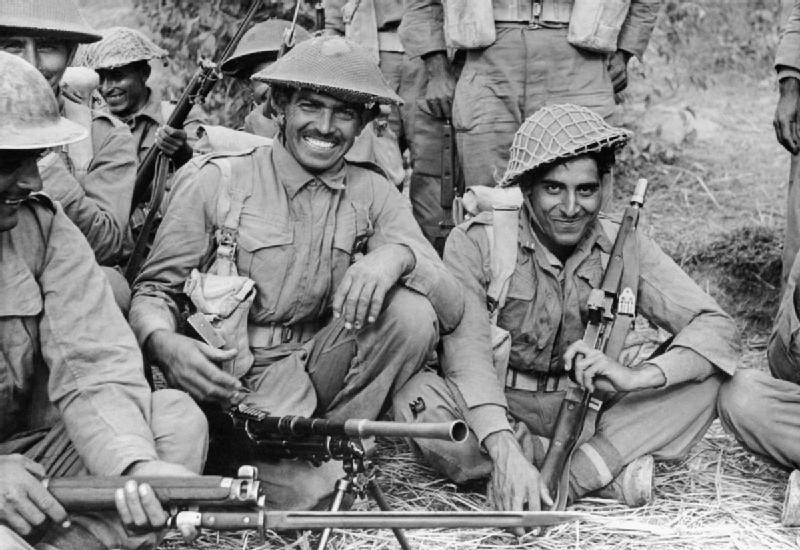Literary Criticism
Challenging the biases of current discussions on World Literature and shifting the focus from a single center to multiple, entangled literary histories necessitates a study of literary criticism itself. For each region, we ask where ideas of what constitutes “good” literature and even literature itself comes from, and if multiple formal and generic norms exist or overlap within the same space.
We search for responses to impactful concepts such as “refinement” or “modernity” and consider the possibility that textual production may exist which rejects or ignores these concepts even in regions where they had considerable reception. Other avenues we explore include canon formation, tools of recognition—from prizes and panels to court patronage-—and literary history. Finally, we notice that much of the secondary criticism and literary theory that underpins academic discourses on World Literature is overwhelmingly European and American. We hope to bring to your attention to literary criticism and theory on World Literature written in non-European languages by scholars from our various regions. In this effort, we have commissioned the translation of numerous essays related to World Literature written in Urdu into English. We worked closely with the Pakistan Academy of Letters to compile and curate this list.
Postcolonial Print Cultures Conference: Hindi literary activism in the 1950s
Professor Francesca Orsini (SOAS), examines the production and re-production of short stories in Hindi literary magazines in the 1950s, offering a case study of the Hindi magazine Kahani (Short Story, 1954). She argues that world literature can only be envisioned and produced through local views, rather than under one overarching banner of what constitutes “world literature.” Her talk highlights the medium of the magazine as a site of non-state literary activism that placed readers and young writers at the center, the preference for the story as opposed to the novel, and the multilingual knowledge that animated reading practices, even when publication occurred in a single language (Hindi).
Is the fragmentation method used by Bao Ninh in Sorrow of War effective?
Christie Cheng is currently enrolled in the Masters in
Ethiopia and the convergence of antifascist and anticolonial activism in the 1930s
Dr Sara Marzagora reviews Neelam Srivastava's new book "Italian Colonialism and Resistances to Empire, 1930-1977"
Arab Novelistic Traditions and the many multilingual realities of Arabic
In this piece MULOSIGE researcher July Blalack reflects on
Re-imagining Histories through Farthest Field: An Indian Story of the Second World War (Raghu Karnad)
Are nations created by their histories? Raghu Karnad's book 'Farthest Field' problematizes British and Indian memorialisations of WWII.
Women poets of Ancient Greece, India, and Eritrea: a comparison across time and space
Tedros Abraham takes us on a journey across time and continents, comparing the way three women poets in Ancient Greece, India and Eritrea claim immortality through their poems and rebel against social norms







